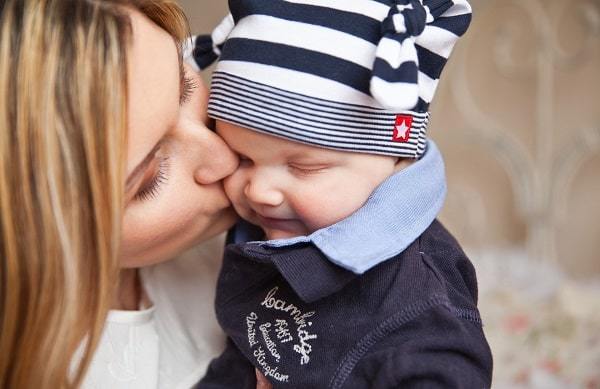Postpartum Depression: Why You Need to Get Help Now
As a new mom, you know how difficult it is. Even though it is supposed to be the best time of your life, sometimes it just gets overwhelming. This is normal and commonly found in women (and men too) who have just had a baby, whether it is your first, fifth, or fifteenth (wow). First of all, there is a lot of work to do as a new mom even before you get out of the hospital. Papers to fill out, diapering tips, feeding tips, sleeping tips, tips on tips. You can never learn everything about being a parent because there is always more to learn. This is not to say that you don’t know enough to be a parent. This just means that no matter how many kids we have or how long we have been doing this, there is always something out there that can make our lives just a little bit easier. And we all love to be easier, right?
Serious Risks of Post-Partum Depression
Seriously, though, post-partum depression is one of the scariest and most dangerous mental health conditions in the world. And PPD is not just your typical feelings of fatigue, worry, and loneliness that we all feel when we are stuck at home with a child that won’t nap. Up to 80% of new moms experience some form of depression in the first year. But, PPD only affects about 15% of new moms and is a more serious form of sadness that can not only affect your health and happiness but can put both you and your child in danger. Without treatment, many women go on to post-partum psychosis, which can have deadly results because some women who have psychosis will harm themselves or their baby.

Other Complications of Post-Partum Depression
There are other complications of PPD that are not as serious but are still concerning. Some of these include not being able to bond with your baby, inability to breastfeed, lack of maternal care, and impaired child development. You may also go on to chronic depression or major depressive disorder, which can affect you throughout the rest of your life with constant depression, fatigue, anxiety, lack of concentration, memory loss, and mood swings.
What You Can Do
Sleeping schedules can be completely out of whack with a baby so you may just need to sleep whenever you can. Take a quick nap when baby naps no matter what time of day it is. Don’t worry about it ruining your sleep pattern. That happened as soon as you had your little bundle of joy. Sleep should be number one right now. The next thing to do is to eat right. This may be harder because you are so busy, and it may be easier to grab something quick to eat no matter how unhealthy it is. Take a little extra time to grab some fruit or vegetables or even a protein shake or energy bar. Exercise helps too. Any kind of physical activity increases your endorphins, which improve your mood.

Ask for Help
Finally, don’t be afraid to ask for help. This is essential for all new parents. Ask for help and accept it whenever it is offered. You can never get enough help, and having help doesn’t mean you are weak, or not a good parent. If you are feeling depressed or worried, you may have PPD, talk to someone. There are professionals you can talk to through online apps those that are available via phone call, text, message/email, and video chat. They are available around-the-clock and can fit into your busy new parent schedule when you need them to, and you can reach out to them from the convenience of your own home. A little help can go a long way.
Editor in Chief


